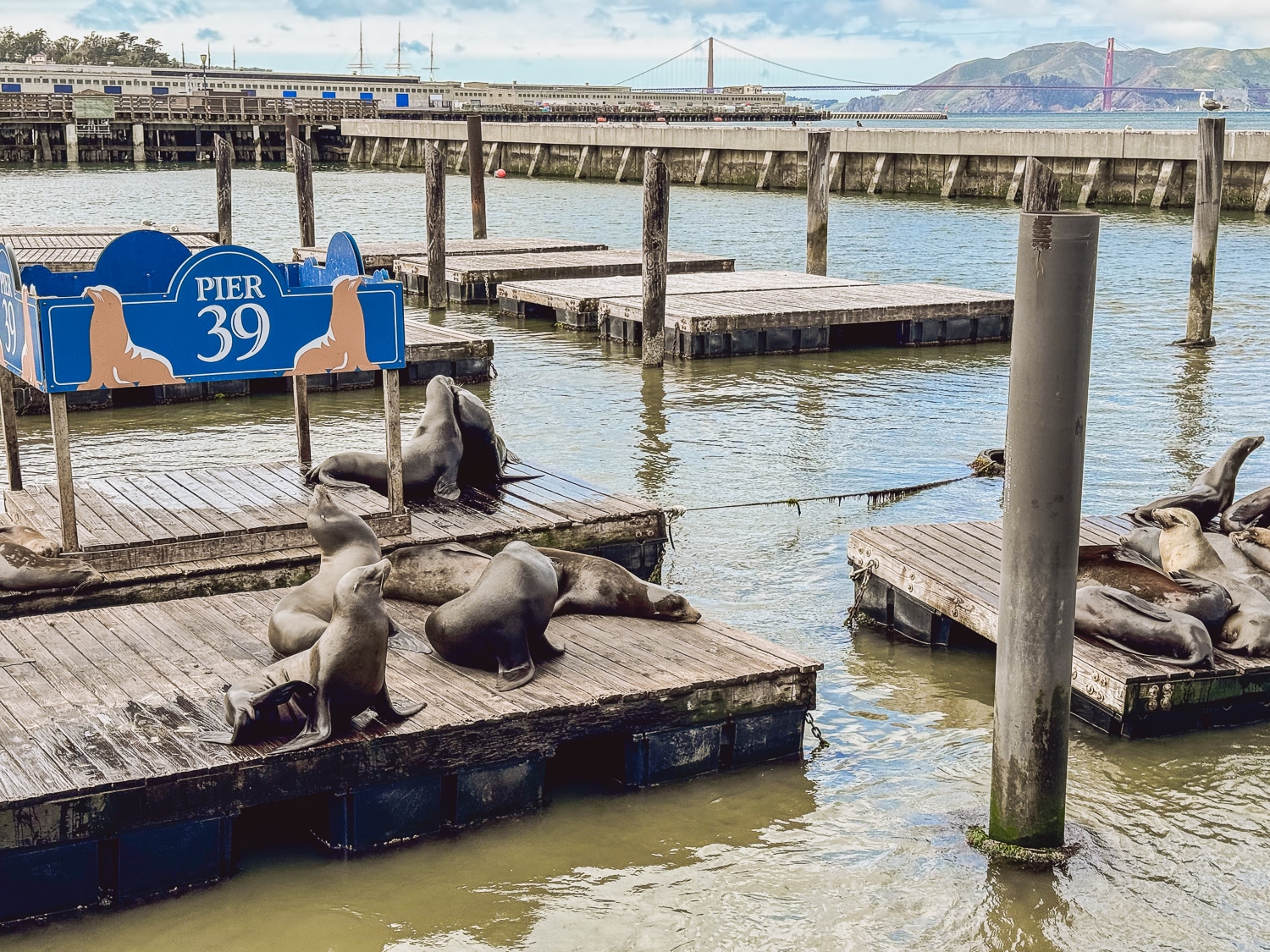Introduction
Robben Island, located just off the coast of Cape Town, is a site of immense historical significance in South Africa. Best known for being the prison where Nelson Mandela was held for 18 years, it serves as a potent symbol of the struggle against Apartheid and a testament to the resilience of those who fought for freedom. Its relevance continues today, as it stands as a UNESCO World Heritage Site and a popular tourist destination.
A Brief History of Robben Island
Robben Island was first noted in the late 17th century, with its prison established by the Dutch colonial government in the 17th century. Initially used to detain political prisoners and lepers, the island became synonymous with the Apartheid government’s brutal regime in the 20th century. Nelson Mandela and many others, including Walter Sisulu and Govan Mbeki, were imprisoned here due to their anti-Apartheid activities.
Significance of Robben Island Today
In 1994, the island was declared a national monument and a part of the African renaissance narrative, which symbolizes the liberation and unification of South Africa. The Robben Island Museum operates tours that guide visitors through the former prison, showcasing cells, including that of Mandela, and providing an education on the island’s poignant history. The tours are conducted by former political prisoners, enriching the visitor experience with personal accounts of struggle and resilience.
Recent Developments
In recent years, conservation efforts have been intensified to preserve the island’s historical structures and natural environment. The South African government and various organizations are working together to ensure that Robben Island remains a place of education and reflection for future generations. The COVID-19 pandemic posed challenges for the tourism sector, but expect visitors to return as health measures improve and awareness of South Africa’s rich history continues to grow.
Conclusion
Robben Island is more than just a historic site; it is a symbol of the struggle for freedom and justice. Visiting Robben Island provides a unique opportunity to reflect on South Africa’s past and acknowledge the ongoing journey toward equality. As we look forward, the significance of Robben Island as a beacon of hope and resilience will only grow, reminding us of the sacrifices made in the quest for liberation and the importance of preserving such histories for future generations.

